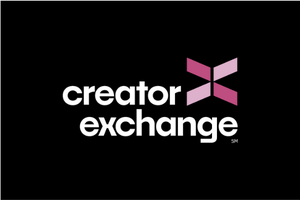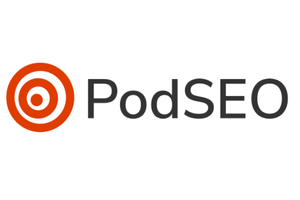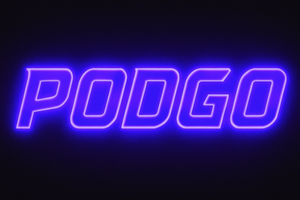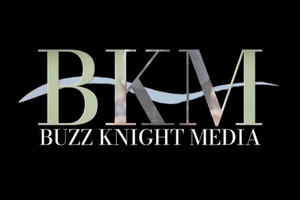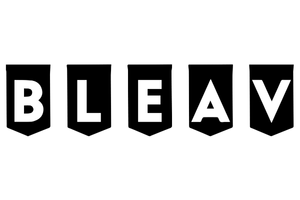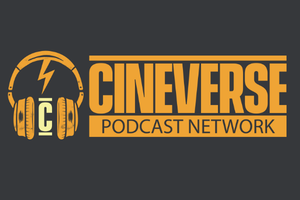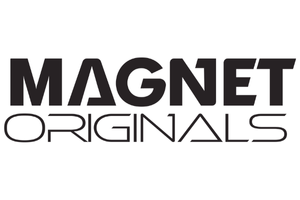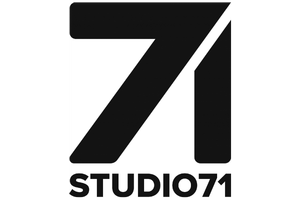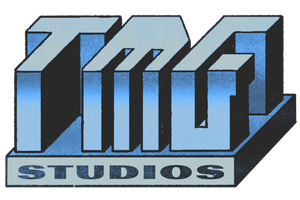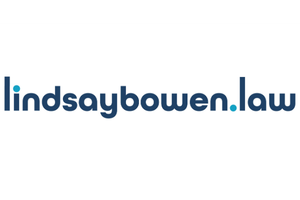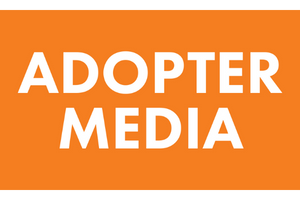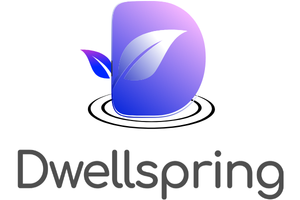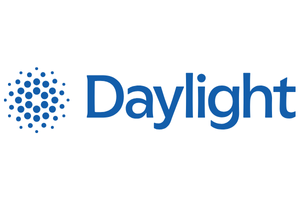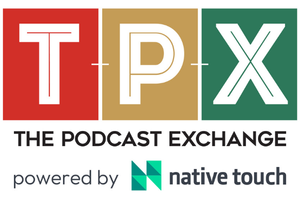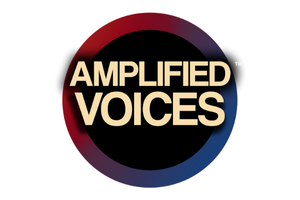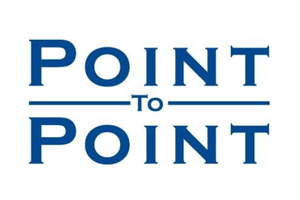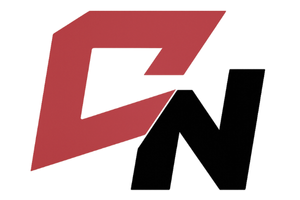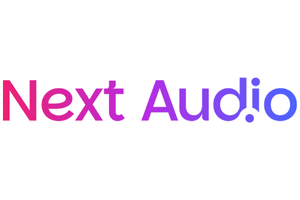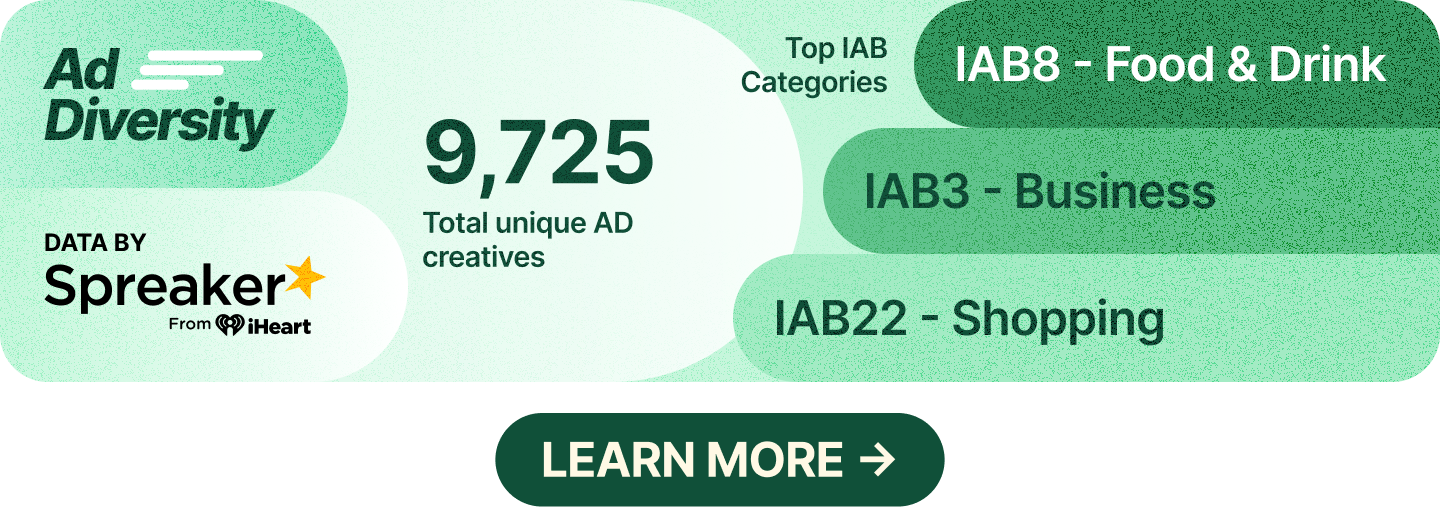
Before we get into the news, a quick heads up that the first Sounds Profitable presentation of 2025 is next week! Join Tom Webster for a half-hour presentation of The Business Podcast Consumer, a look at the audience for business podcasts and what makes them different to the audience of any other genre. Join in next week on Wednesday, January 15th, at 3:00 p.m. EST. Registration is free and open now.
A YouTuber’s exposé just uncovered a shocking influencer marketing scandal
An exposé video from YouTuber Metalag alleges having unearthed evidence PayPal Honey, a free coupon code aggregating browser extension launched in 2012, has been taking affiliate marketing funds for years. According to the exposé, the browser extension replaces any existing affiliate marketing tracking links and cookies with PayPal Honey’s own. A class action lawsuit has been filed by lawyer and YouTuber Devin “Legal Eagle” Stone. While coverage is largely focusing on how YouTubers are responding to the Honey allegations, it’s worth noting this applies to all direct-to-consumer marketing efforts. If the allegations prove true, the popularity of Honey as a podcast advertiser could mean quite a few podcast promo campaigns have been impacted.
The Sound of Growth – How Audio Fuels Branded Research
A new study from Oxford Road looks at $400 million in cumulative audio spend, representing over thirty years of client spending. According to their findings, audio advertising consistently has a measurable impact on search volume, if given time to work. First-week search results are not immediately swayed by audio investment, but steadily tick up over time. Takeaways from the study include planning for lagged effects, aligning with the proper attribution solutions, and prioritizing consistency over the campaign.
A recent Nicholas Quah piece on Vulture made the claim “After about two decades of primarily being associated with audio, video has become central to podcasting’s identity.” Industry experts, including Evan Shapiro, have countered this assertion with reminders that some of the very first podcasts were video podcasts. Shapiro specifically notes how this is not new news with the fact YouTube has regularly represented at least a third of podcast traffic for many years. The Joe Rogan Experience primarily grew on YouTube and has 19 million subscribers. In 2024 YouTube reported audiences watched 400 million hours of YouTube podcasts on their TV per month. Focusing video podcasting and YouTube specifically has been a solid strategy for the better part of a decade, and definitely one for 2025.
According to the Wall Street Journal, many news publishers are no longer interested in engaging in hard news in 2025. Despite pushback from said publishers, advertisers are still using keyword blocklists which often prevent ads from being run on news stories covering more serious topics. And even when publishers post inoffensive “soft” articles, those too get blocked. For example, the Washington Post points to an article ranking boxed brownie mixes that was flagged for the phrase, “grocery, drug [and] mass-market”, as “drug” is a commonly banned keyword. Similarly, an article about a thunderstorm was blocked because a sentence described the storm as sounding like “artillery” and thus got flagged by war-averse filters.
Gen Z’s revealing critique of Spotify’s Video Push By Steven Goldstein
Amplifi Media founder Steven Goldstein polled his NYU Business of Podcasting class to find out what Gen Z really thinks of Spotify’s move to video. The results include a frank critique of the move that questions if Spotify knows its place realistically within users’ media ecosystem. Students reported that while multitasking, audio remains the preferred delivery mode for a podcast. While big-name influencers (e.g. Call Her Daddy style shows) are in regular rotation for members of the classic, podcasts specifically built around celebrity hosts did not interest attendees, who cited chemistry and authenticity as being more important. Many of them still think of YouTube automatically when talking about online video content, and those same students questioned if Spotify can differentiate itself from its competitor well enough for the pivot to video to be worth it.
As for the rest of the news…
- Tom Webster appeared on The Trendcast to talk about binge-listening and how it influences podcast creation
- Audioboom has shared its 2024 year in numbers
- Audacy and Claritas have announced a partnership focused on campaign ROI analysis for audio
- The POOG podcast has rebranded to Berlant and Novak and joined the Backyard Ventures network
- Blubrry has partnered with CodeADX to develop a commission-based advertising model for podcasters
- J.E. Petersen and Arielle Nissenblatt are hosting a webinar on January 23rd tackling podcast trailers that catch the ear
- Khloe Kardashian is set to launch an official video podcast this month with timed exclusivity on X, followed by wide distribution and monetization by Dear Media.
- We Didn’t Turn Out OK has joined the fwd. network





